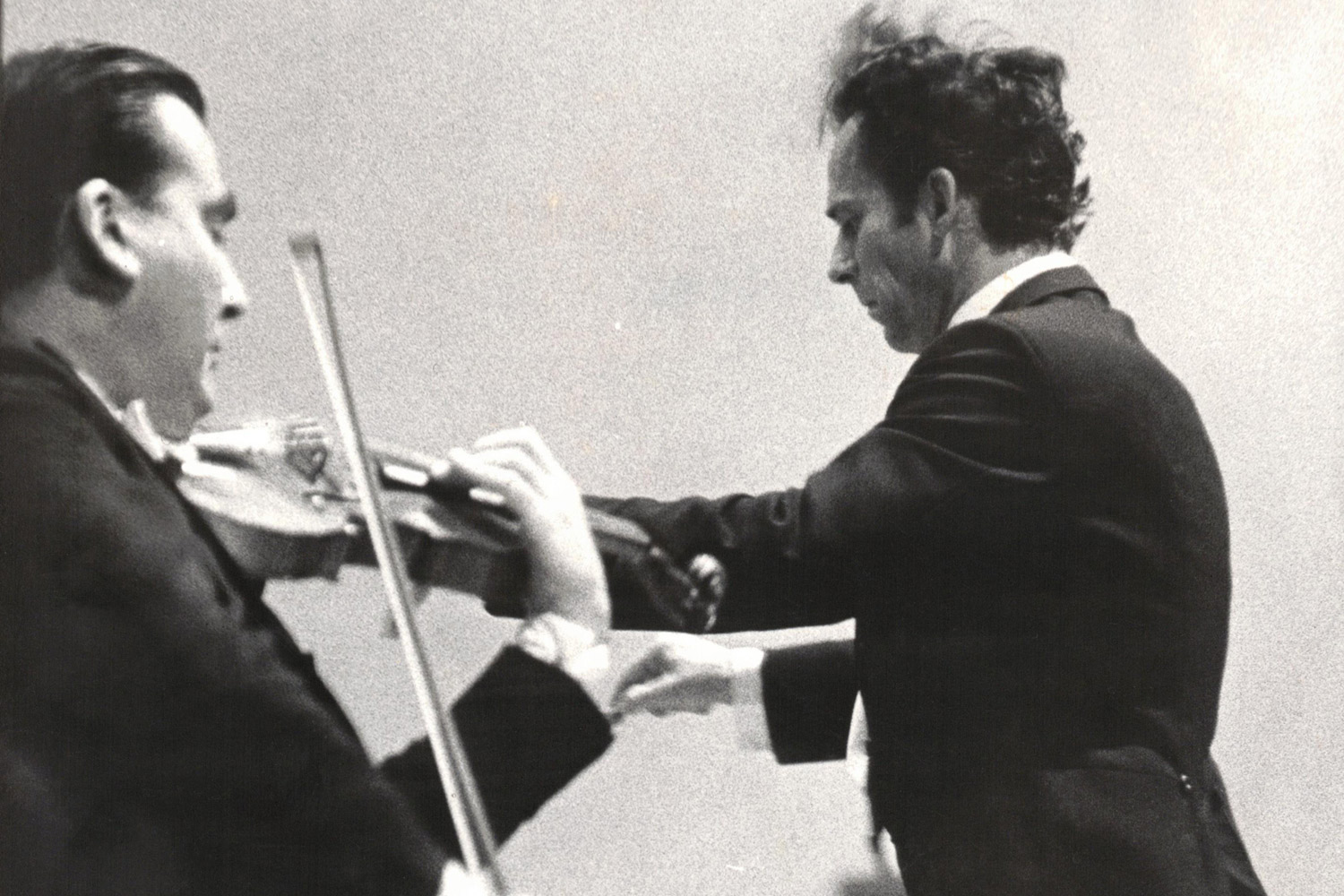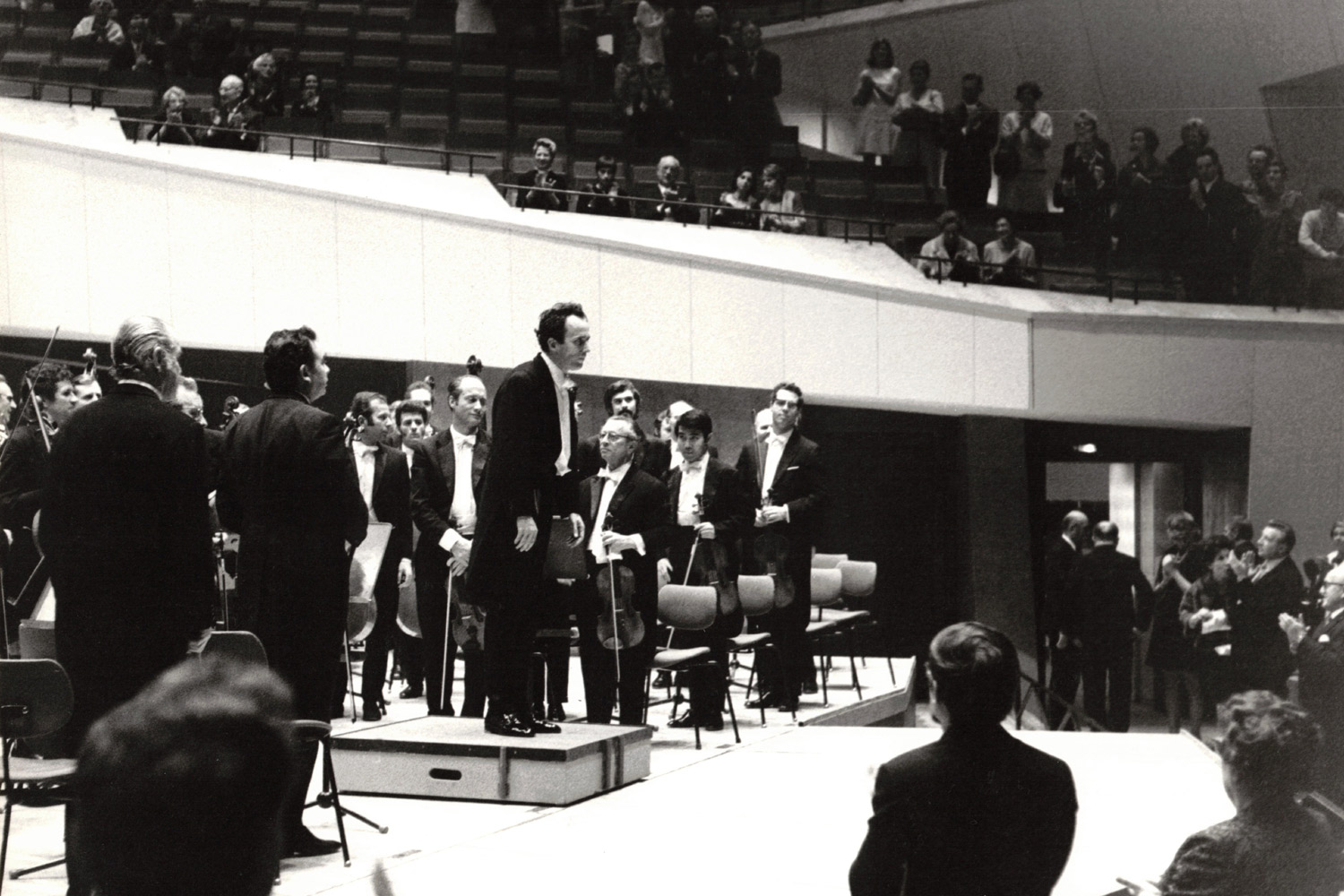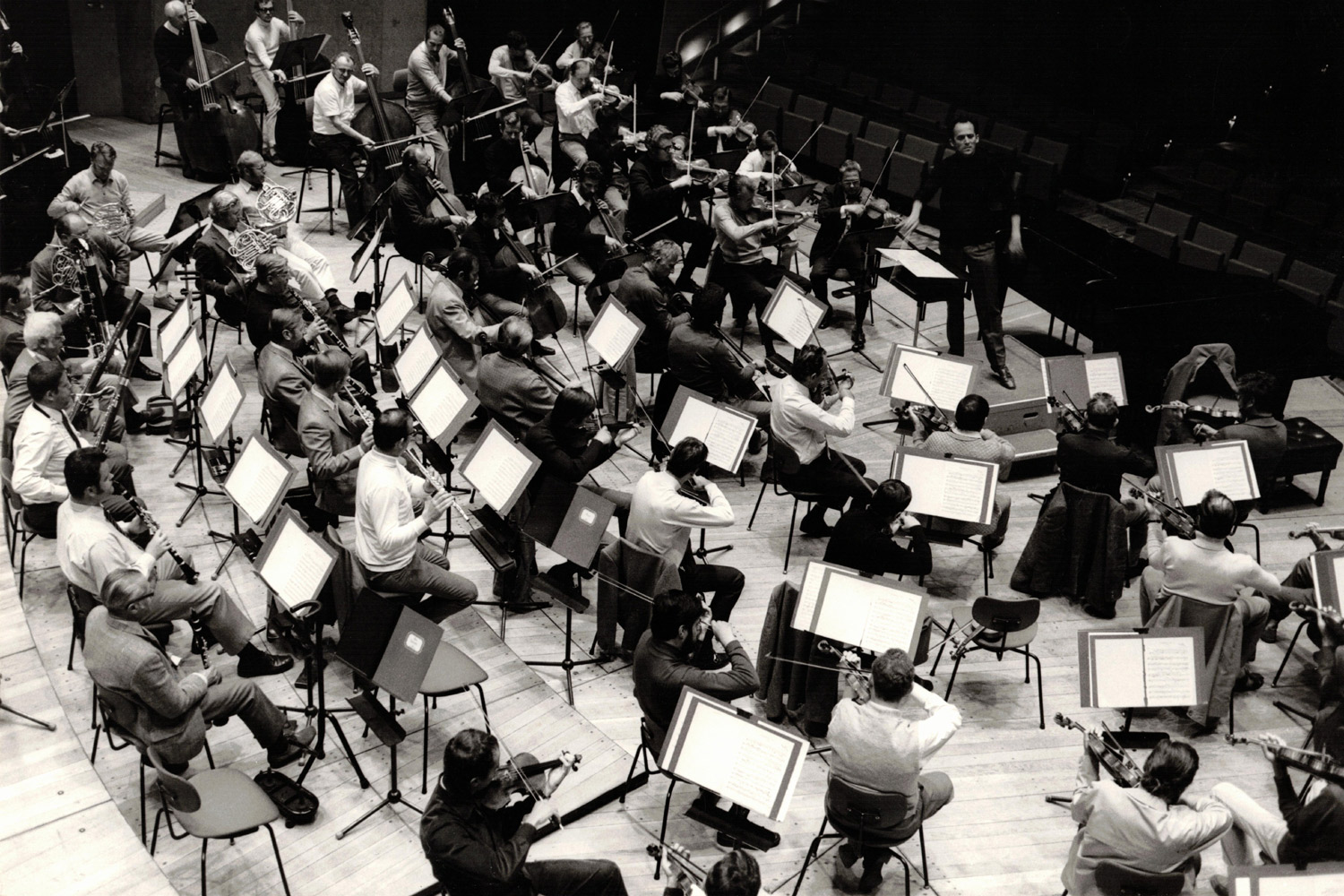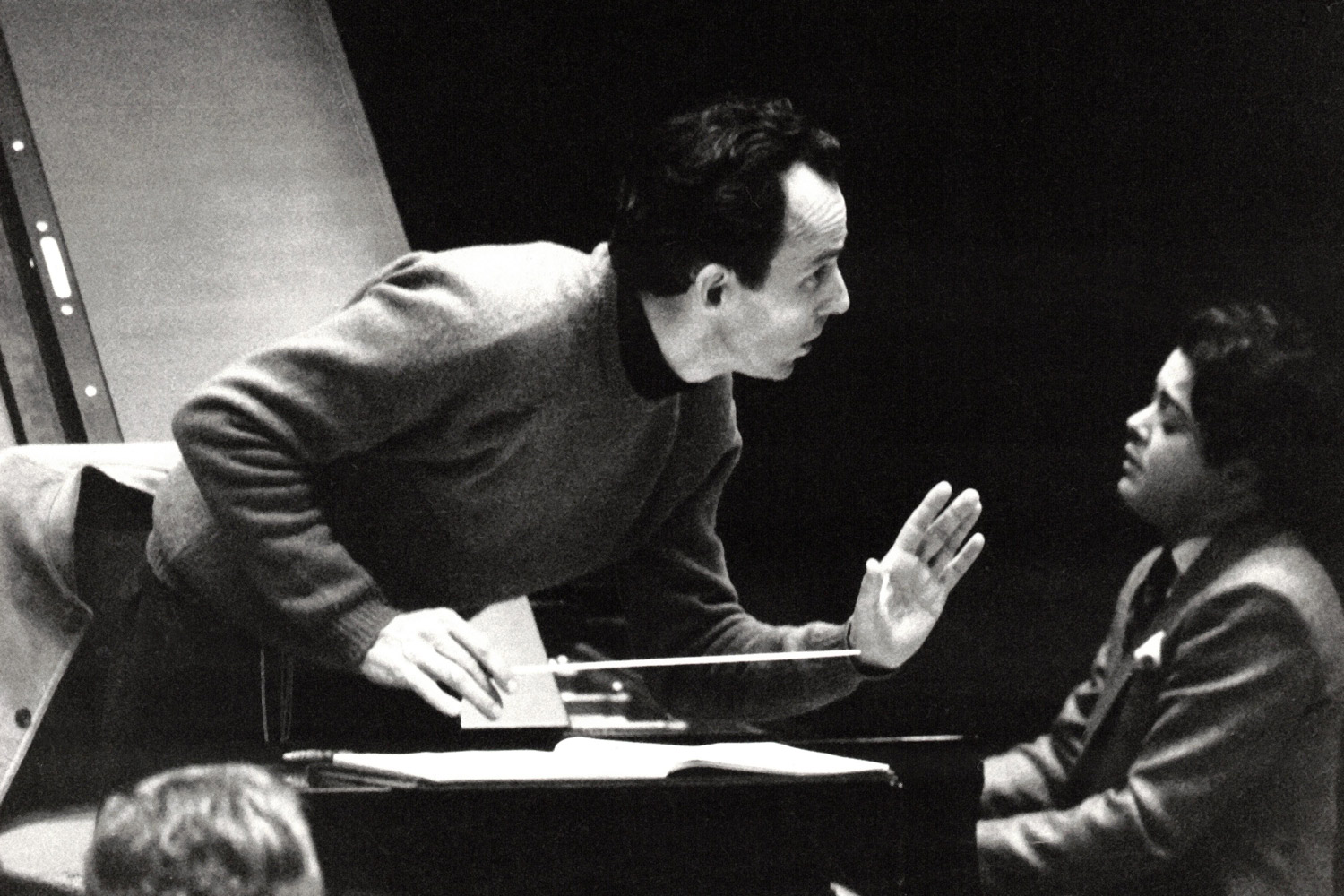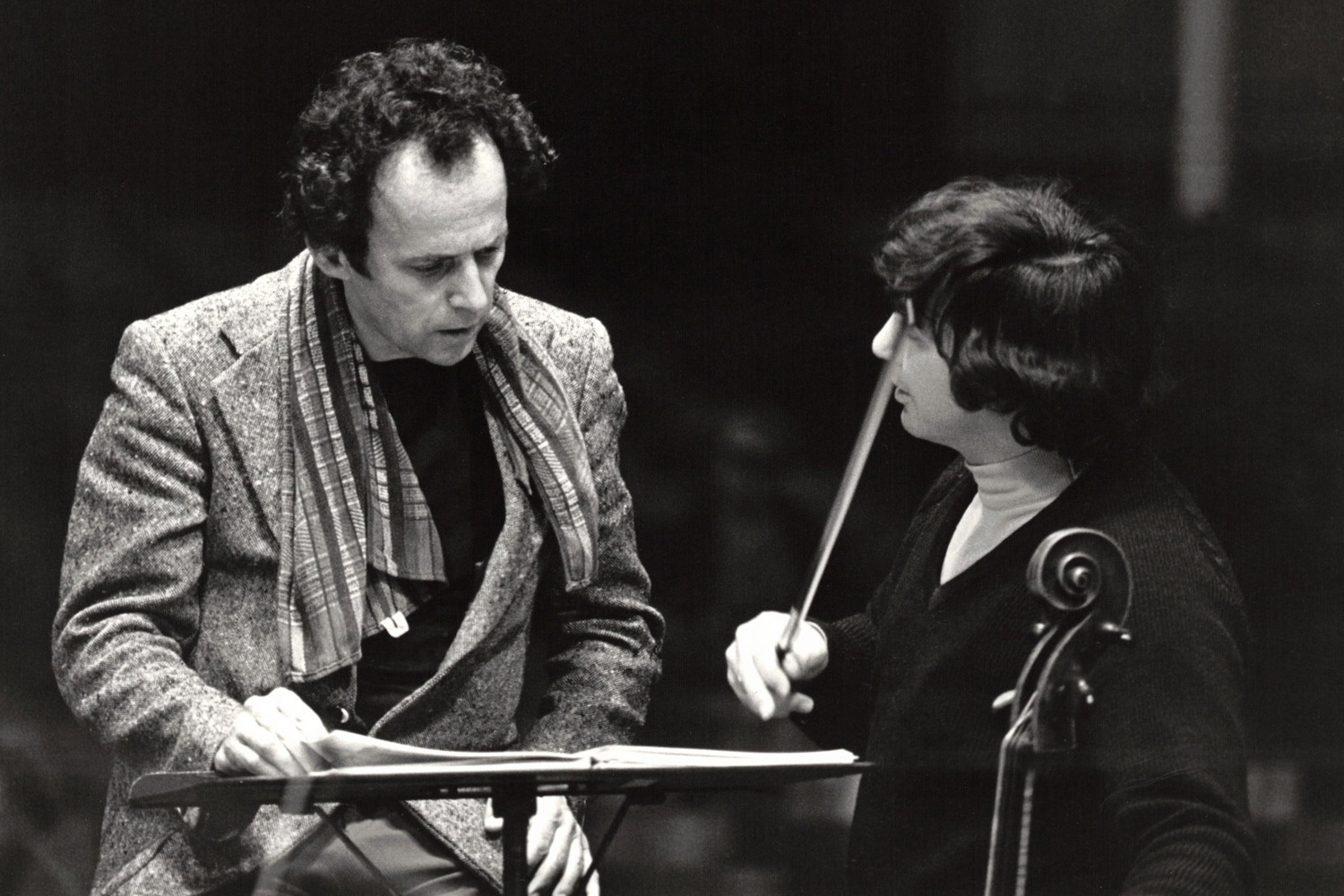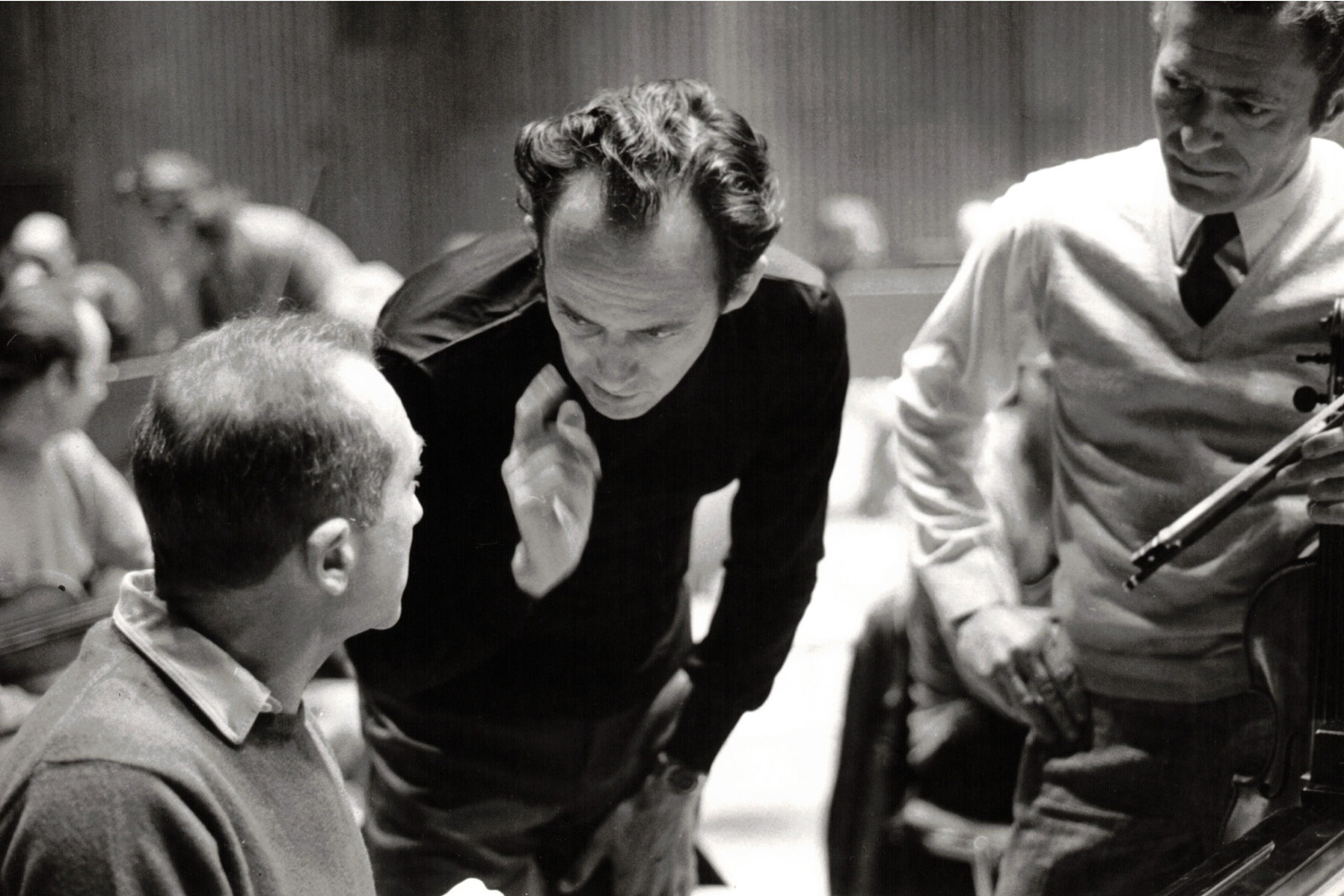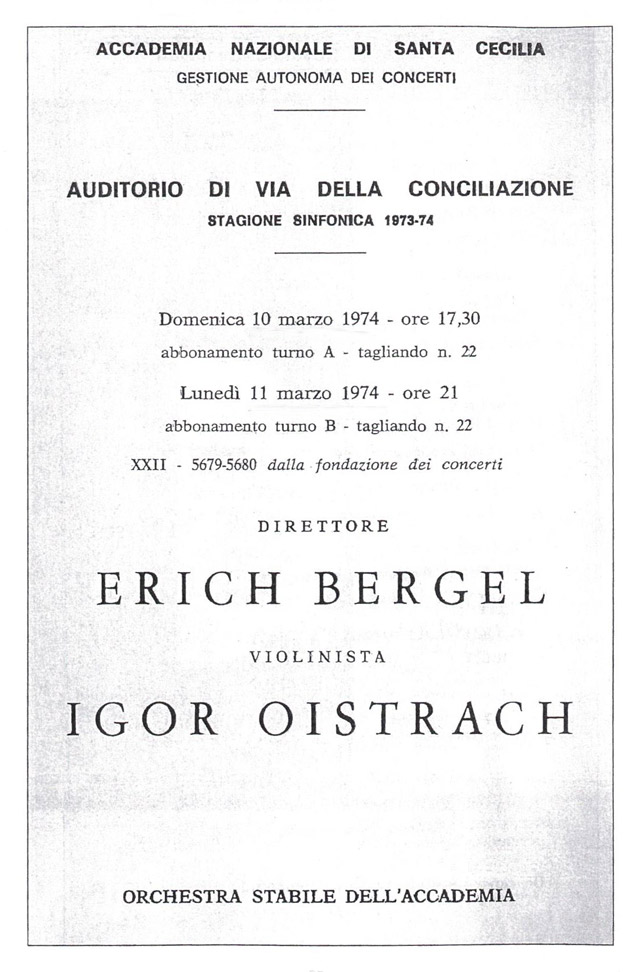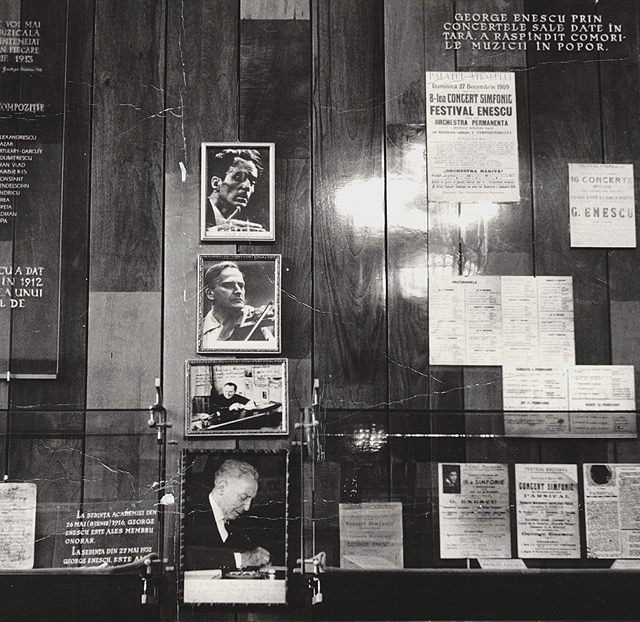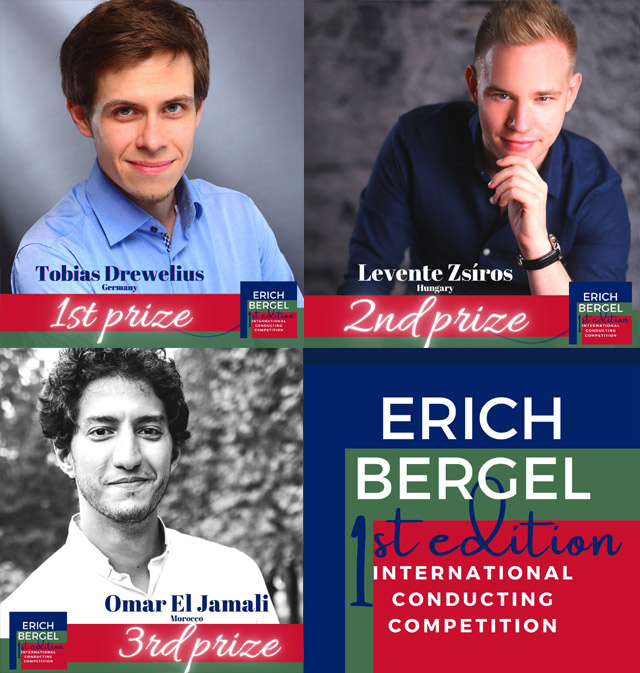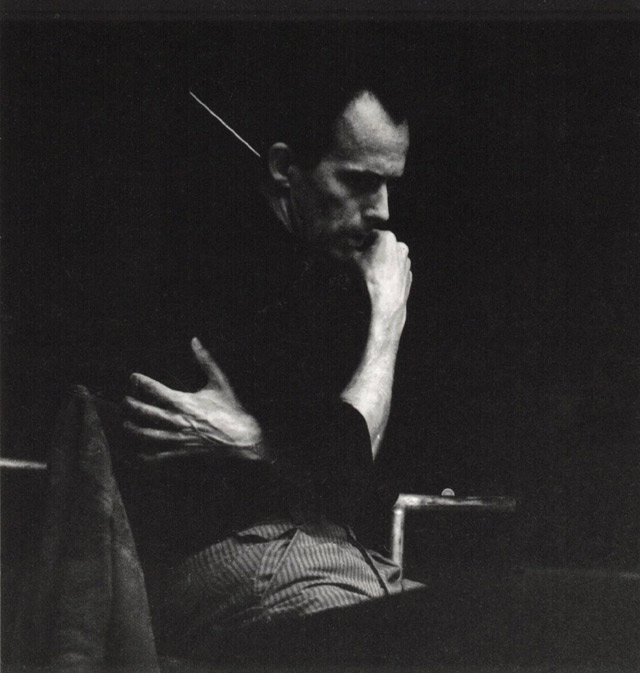Welcome to the official website of the
International Erich Bergel Association
Erich Bergel
Conductor and musicologist,
* 1.6.1930 in Râșnov near Brașov (Romania), ✝ 3.5.1998
Ruhpolding (Germany).
The third child of Saxon parents (teacher Erich Bergel and Katharina, née Truetsch), was born on June 1, 1930, in Rosenau in the Burzenland region of Romania.
Erich Bergel laid the foundations for his future career in his parents' home, then spent twelve years as a student of Bach interpreter and harpsichordist Prof. Kurt Mild.
At the Klausenburg Conservatory, he studied in the master class of legendary conductor Prof. Antonin Ciolan.
In 1959, Bergel, who had recently become chief conductor of the Klausenburg Philharmonic Orchestra, was sentenced to seven years in prison and forced labor.
The reason: performing sacred music works – Haydn's “The Creation” and Handel's “Messiah”.
After being released from prison early (general pardon) thanks to a spectacular incident, he once again became chief conductor of the Klausenburg orchestra,
but fled the country in 1972, warned by Romanian friends of a renewed arrest; years later, Securitate files revealed that an intrigue by well-known fellow conductors had put him in danger.
He began his career in the West as general music director of the Northwest German Philharmonic Orchestra in Herford.
Herbert von Karajan had already succeeded in temporarily securing Bergel's release from Romania for conducting engagements with the Berlin Philharmonic Orchestra
by sending a personal letter to Romania's Minister of Culture.
The successful concerts laid the foundation for Bergel's unusual career, which took him to all the top orchestras in Europe, North and South America, Japan, and South Africa.
The Tokyo-based newspaper The Asahi Shimbun called him “the next great conductor after Celibidache” (July 19, 1973),
while the Ostschweizer Tageblatt saw him in the “tradition of the great conductors from Furtwängler to Karajan” (August 12, 1989).
The success with which he directed the International Youth Festival in Bayreuth from 1974 to 1980 was described as “brilliant” (“Das Orchester,“ 6/1981).
In addition to conducting and teaching at the Berlin University of the Arts (1979 – 1989), this exceptionally energetic musician devoted himself, beginning during his student years in Klausenburg,
to the structural analysis of Johann Sebastian Bach's magnum opus, The Art of Fugue, which has been called “the crystalline center of the Western musical world”.
In two books published by Max Brockhaus Verlag in Bonn, he presented the “sensational” result (according to philosopher Rainer Bischof, Vienna):
Bergel had irrefutably rearranged the 18 parts of the work and provided proof of the previously unknown “thematic bipolarity” of the work as “its spiritual core”;
he thus revolutionized Bach research on a substantial and long-controversial issue. In addition, he created a completion of the work, which had been left unfinished for posterity,
in which “every note is derived from its overall structure,” so that he could say in conversation with Herbert von Karajan: “In my completion of “The Art of Fugue,” not a single note comes from me.
I took the thematic material for it from the entire “Art of Fugue.” Karajan called Bergel's completion of Bach's work “epochal."
In the last years of his life, he emerged as a Bach researcher: he wrote two books on the “Art of Fugue” by J.S. Bach,
in which he for the first time put forward the thesis of thematic bipolarity as the spiritual basis of this work and compellingly substantiated its cyclical,
organically unified overall concept and its principles of order.
In his completion of the unfinished final fugue, Bergel proved that it was possible to complete the work by following the laws of form,
structure and harmony laid down by Bach himself in the preceding sections without having to compose anything else.
Erich Bergel did not feel at home in Germany, instead, he preferred to conduct in English-speaking countries – Great Britain, the USA, Canada, New Zealand, Australia and South Africa.
The most famous soloists of the time performed under his baton: Teresa Berganza, Rudolf Buchbinder, Emil Gilels, Arthur Grumiaux, Gundula Janowitz, Yo–yo Ma, Nathan Milstein, Anne-Sophie Mutter,
Jessey Norman, Leontyne Price, Mstislav Rostropovich, Wolfgang Schneiderhan, Henryk Szeryng, Alexis Weißenberg etc. - in total, over a hundred soloists, all of whom praised his ability
to adjust the orchestra to their individuality and unique characteristics.
Three weeks before his death – already severely stricken by bone cancer – he drove with Hans Bergel to the bookbindery, which had given the entire orchestral material and score of “The Art of Fugue”
its final external form: “This is what remains of me.” This part of his life's work – the orchestral version of “The Art of Fugue” – was once called “Erich Bergel's great, important achievement”
by the “Wiener Zeitung.” Erich Bergel died on May 3, 1998, in Ruhpolding in the Chiemgau Alps.
Association
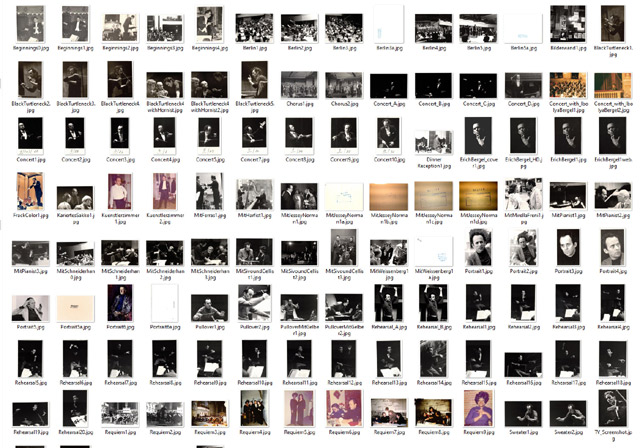
Photo Collection
History in images
Competition & Events
International Erich Bergel Conducting Competition, 1st edition
News about the upcoming 3rd conducting competition
September 20261st Conducting Masterclass in memoriam Erich Bergel
The International Erich Bergel Association cordially invites applications for the
1st Conducting Masterclass in Memoriam Erich Bergel, led by world-renowned conductor and pedagogue Prof. Uroš Lajovic.
This masterclass is aimed at advanced conducting students, young professional conductors, and experienced musicians with a background in conducting.
Held in memory of the distinguished German Romanian conductor Erich Bergel (1930-1998), the course honors his artistic vision, intellectual depth,
and lasting pedagogical legacy that continues to inspire generations of musicians.
With Maestro Uroš Lajovic
Wien, Palais Ehrbar, 7 - 12 September 2025
For more information and application click here.

